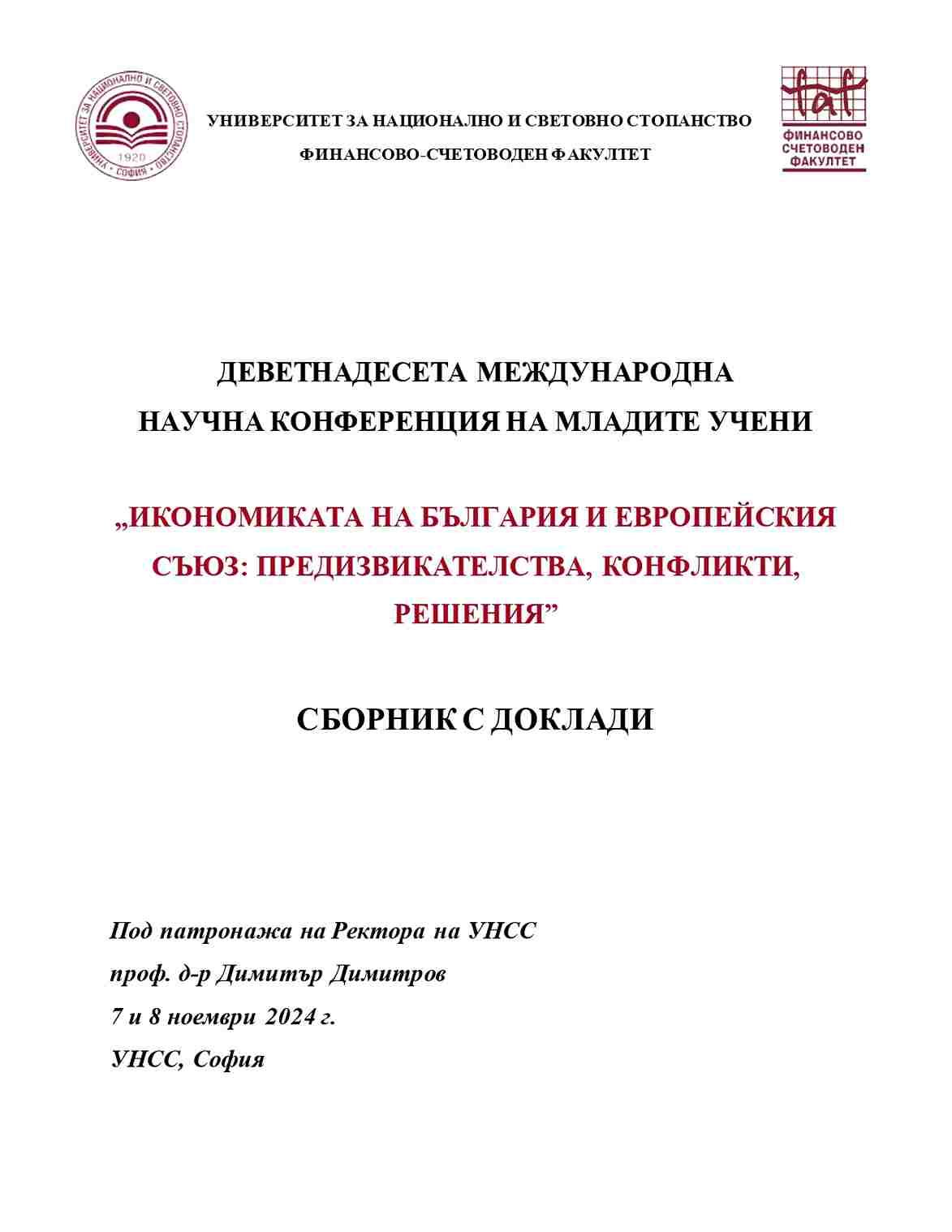Currency Board or Monetary Union – a Small Country’s Central Bank Perspective
Currency Board or Monetary Union – a Small Country’s Central Bank Perspective
Author(s): Darina Koleva
Subject(s): Politics / Political Sciences, Politics, Economy, National Economy, Supranational / Global Economy, Business Economy / Management, Electoral systems, EU-Approach / EU-Accession / EU-Development, Financial Markets
Published by: Университет за национално и световно стопанство (УНСС)
Keywords: central bank; currency board; monetary union
Summary/Abstract: Having a strong currency and independent monetary policy is a difficult task for a small open economy in a world of free capital movement and trade. Many small countries try to stabilize their currencies through exchange-rate targeting to achieve price stability. Bulgaria is not an exception – it adopts a currency board in mid-1997 by fixing the lev against the DEM as a political commitment to join the EU, and later the eurozone. The paper discusses the relevance of the currency board and the common currency area for Bulgaria from the central bank perspective. The implications of the two regimes for monetary policy are described and compared. The raising concerns of the regime shift are addressed through a systematic analysis. The main conclusion is that exiting a currency board by becoming a member of the eurozone is a step in the right direction not only for the central bank but also for the entire economy.
- Page Range: 267-275
- Page Count: 9
- Publication Year: 2025
- Language: English
- Content File-PDF

